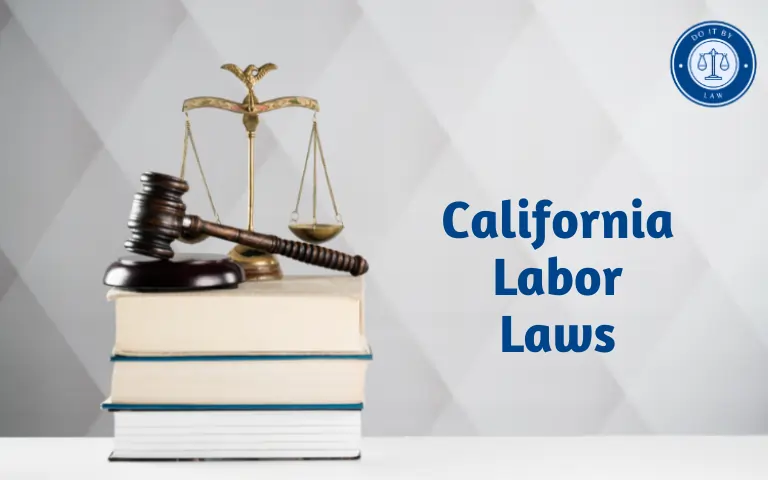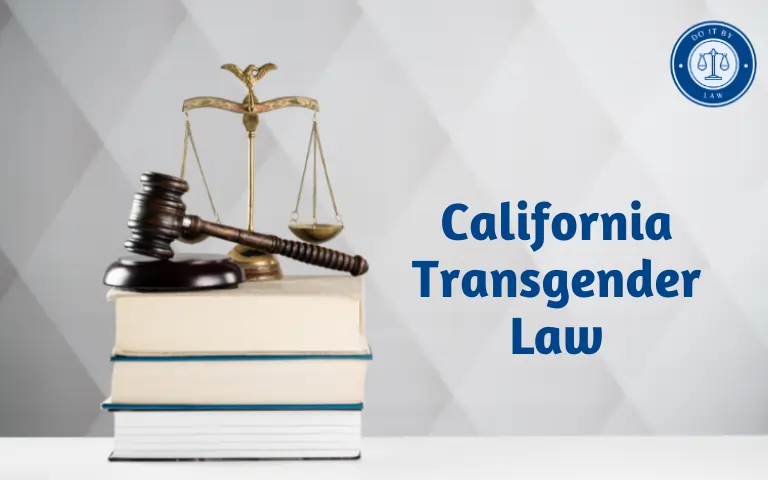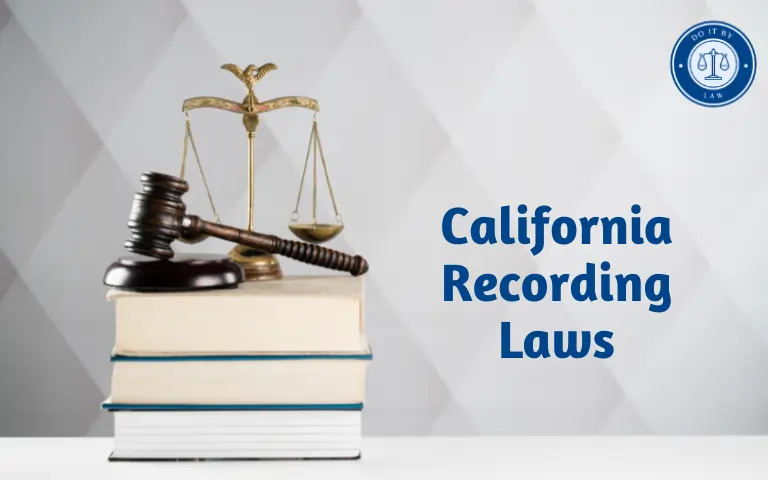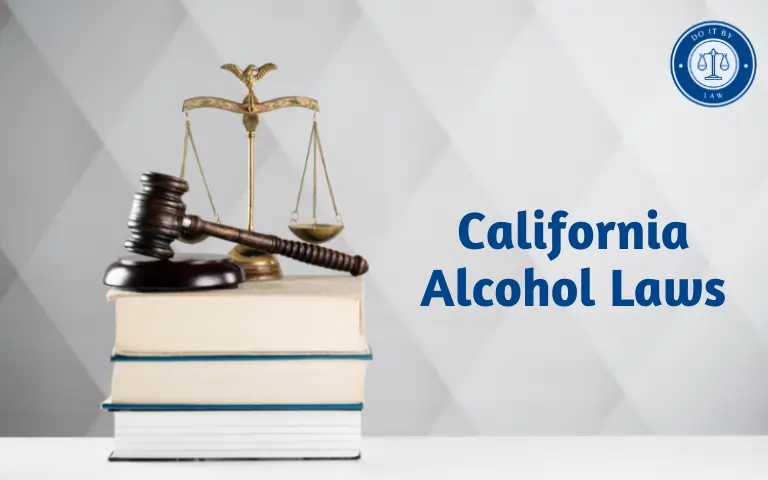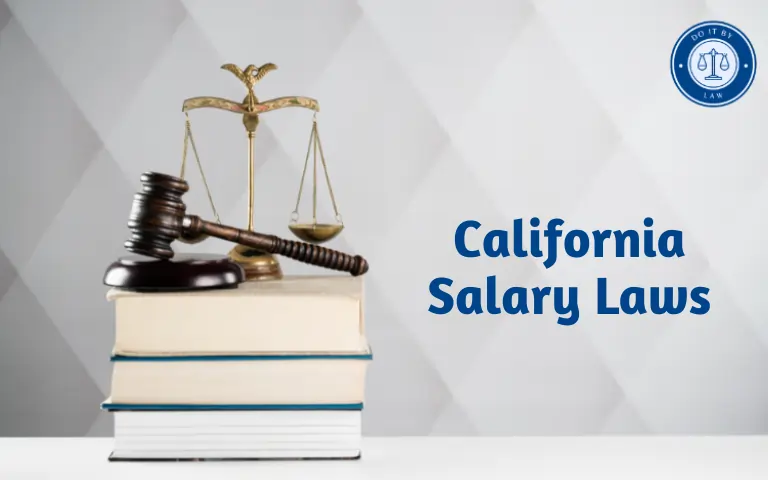California Labor Laws: What You Need to Know
Working in California? Both employees and employers better brush up on the state’s complex California Labor Laws governing everything from wage, hour, and overtime regulations to workplace policies, leave benefits, paystub and posting requirements. Fail to comply at your own peril.
When and Why California Labor Laws Codes
California State passed foundational employment laws in the early 20th century during rapid industrialization and workforce growth. Legislators aimed to establish rules, rights, protections, and accountability measures affecting:
- Child Labor – Banned in 1938 to prevent exploitation.
- Minimum Wage – This began in 1916 to ensure decent, livable incomes.
- Overtime Pay – Enacted in 1915 requiring 1.5x regular rates for over 8 hours per day or 40 hours per week.
- Workplace Injuries – Worker’s compensation laws were passed in 1917 to provide medical/wage benefits for on-the-job injuries.
- Rest and Meal Breaks – Regulated since the 1940s-1960s to prevent exhaustion and promote health.
Additional regulations emerged over the decades governing pay frequency, final wages, leave policies, retaliation prohibitions, privacy, harassment issues, exempt classification, and more to bolster protections. Motivations centered on shielding vulnerable groups, maintaining safety, prohibiting exploitation, and enabling reasonable work-life balance.
Who California Wage, Hour, and Workplace Laws Apply To
Most labor statutes and regulations apply to all private sector employees working within California borders, regardless of citizenship/immigration status. Key exceptions relate to certain executives, administrators, professionals, outside sales staff, elected officials and their staff, independent contractors or consultants. Special exemptions also exist for subsets like agricultural workers, live-in caregivers, or employees covered by collective bargaining agreements. Otherwise, the laws provide wide protections including:
- Discrimination, Retaliation, and Whistleblower Protections
All private employers with 5 or more employees. - Family and Medical Leave
Employers with 50 or more workers. - Paid Sick Leave
Employers with 26 or more employees. - Overtime and Minimum Wage Provisions
Nearly all employees, with few white-collar exemptions.
California Labor Laws Key Requirements and Restrictions
Below are some of the most important workplace requirements and restrictions under California’s Labor Code that employers must follow:
- Minimum Wage – $15.50/hour for employers with 26+ workers, with slightly lower tiers for smaller companies. Local city/county rates may exceed.
- Overtime – 1.5 rate for over 8 hours in a workday or 40 hours per week. Double time over 12 hours in a workday. White collar exemptions apply.
- Meal Periods – Unpaid 30-minute lunch breaks are required for shifts over 5 hours. Additional meal breaks are mandatory for shifts exceeding 10 hours.
- Rest Breaks – 10 minutes of paid rest per every 4 hours worked. Pro-rated for shorter shifts.
- Final Wages – Full payment of outstanding wages due at the time of discharge or resignation.
- Pay Stub Requirements – Detailed wage statements displaying hours, rates, deductions, and other info must be provided each pay period.
- Workplace Posting Requirements – Various labor law notices on policies, rights, safety, and health must be visibly posted at all sites.
- No Pay Discrimination – Equal pay is mandated regardless of protected class statuses. Pay secrecy also prohibited.
Penalties for Violating California Employment Laws
Failing compliance carries steep consequences beyond typical lawsuit damages. Employers in violation may face:
- Civil Penalties – Up to $200 per employee for initial violations, plus $100 per day per worker for ongoing offenses. Higher for willful or repeated patterns.
- Litigation Risks – Private rights of action authorized under most laws. Class actions commonly seek back pay, damages, legal fees, and costs.
- Regulatory Fines – Government agencies like Cal/OSHA and California Labor Commissioner issue citations and levy fines for safety hazards, wage theft, retaliation, missed breaks, lacking paid sick leave, etc. Local prosecutors also criminally charge egregious employers.
- Revoked Business Licenses – Localities can rescind operating licenses for labor violations until compliance is achieved.
California Labor Laws Recent Changes and Pending Legislation
California frequently expands employee protections through new regulations, executive orders, legislation, and voter initiatives. Recent developments include:
- Overtime for Agricultural Workers – Phased implementation began in 2019.
- Expanded Family Leave Rights – Up to 12 weeks off for family care from 2022.
- Warehouse Quotas Banned – As of 2022 due to injury risks.
- Garment Industry Wage Theft Protections – 2022 law combats rampant violations.
- Fast Food Sector Councils – Cities established to address working conditions per 2022 state law.
- Pandemic Supplemental Paid Sick Leave – Temporary COVID leave reinstated for 2023.
Multiple pending 2023 proposals would further extend rights surrounding predictive scheduling, domestic worker protections, whistleblower laws, non-competes, remote work flexibility, health and safety standards, union organizing access, and more.
Controversies and Challenges Surrounding California Workplace Requirements
Despite California’s reputation as highly progressive regarding employment laws and worker rights, critics argue key flaws and gaps remain including:
- Inadequate Minimum Wage – Fails to provide a living wage for many regions with high costs of living. Doesn’t adjust annually for inflation.
- Exemption Abuses – Too broad for white collar, gig economy, and agricultural jobs. Millions lack coverage.
- Weak Enforcement – Staffing shortages at oversight agencies coupled with reliance on worker complaints yield poor accountability. Fear of retaliation persists.
- Carve Outs and Preemption – Numerous occupations omitted from various mandates due to old exclusions, federal preemption clauses, union waivers or local control issues hindering consistency.
California Labor Laws Workplace Break Requirements
Meal and rest breaks represent some of California’s most complex workplace rules. The labor code mandates that nonexempt employees receive:
- An unpaid 30-minute lunch break if working over 5 hours.
- A second unpaid 30-minute meal break if exceeding 10 hours worked.
- 10 minutes of paid rest break for every 4 hours worked or a major fraction thereof.
Strict adherence proves critical. Employers violating break rules face lawsuits over unpaid wages, damages, and steep civil penalties of $250 per initial violation and $1,000 per subsequent offense per worker.
California Child Labor Laws
Unique child labor laws aim to strike a balance between providing workplace opportunities for adolescents while prioritizing safety, and schooling, and banning outright hazardous work. Permits become mandatory for minors under 18 engaging in entertainment industry jobs or certain agricultural work. Otherwise:
- No employment is allowed under age 14.
- 14-15-year-olds require school-issued permits with strict hour caps.
- 16-17 year olds have broader work eligibility but limits still exist around dangerous jobs.
Minors also gain important protections surrounding meal breaks, prohibited duties, discrimination, harassment and CAL/OSHA safety/health standards. Violators risk steep fines from state regulators alongside civil litigation.
California Labor Laws Key Takeaways – Know Your Workplace Rights
Working in California provides greater protections than most states surrounding wages, workplace policies, benefits, and recourse mechanisms. But realize gaps exist, especially for vulnerable occupations. Employees should learn their rights and carefully document any violations. Seek guidance from state labor agencies like the Labor Commissioner’s Office for confidential advice and claim filing assistance. Employers must prioritize full legal compliance or jeopardize business stability from steep litigation risks, fines and revoked operating privileges if caught violating employment codes. When disputes arise, swift remediation and cooperation with state investigators offers the wisest path forward.

